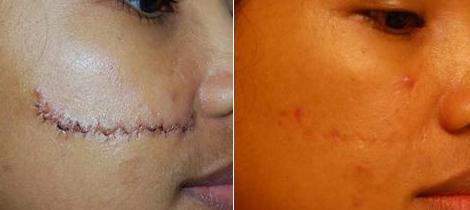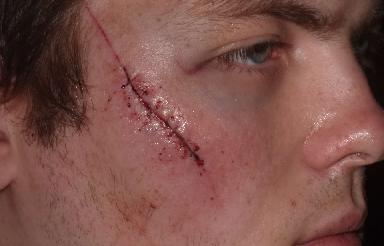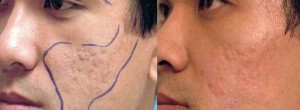No single group deals with more debilitating scarring then victims of war; both military and civilians. The decade of wars heralding in the 21st Century has left millions of people suffering from life changing injures. Along with the emotional and tragic psychological scars are the physical scars as a reminder. There are organizations globally seeking to help people who unfortunately suffering from the life lone effects of debilitating human conflict. Share this resource with any person who can benefit.
Thanks the MEDSCAR team.
AFIRM
The Armed Forces Institute of Regenerative Medicine (AFIRM) is a multi-institutional, interdisciplinary network working to develop advanced treatment options for our severely wounded servicemen and women. They develop advanced treatment for severely wounded servicemen and women. This organization is designed to speed the delivery of regenerative medicine therapies to assist the most injured service members. The five major research programs include Burn Repair, Compartment Syndrome Repair, craniofacial Reconstruction, Limb and Digit Salvage, and Scarless Wound Healing.
Air Force Wounded Warrior
The Air Force Wounded Warrior ensures great care, services, and assistance before and after wounded warriors separate or retire. They have a strong emphasis on ensuring wounded airmen individualized guidance and support to help them transition out of the Air Force and back to civilian life. The Air Force Wounded Warrior, working closely with the Secretary of Defense programs, will keep these men and women on active duty.
Iraq Star, Inc.
Iraq Star is a recently founded non-profit organization. It offers surgery for disfigured veterans. Iraq Star recruits plastic surgeons across the country to provide free cosmetic surgery for soldiers who want to fix their deformities including scars.
Scars To Freedom
Scars to Freedom Foundation, provides FREE scar revision to all Military Veterans. This is our way of thanking them for their sacrifice and service for our Country.




